The ugly fights emerging within the Zimbabwe National Liberation War Veterans Association (ZNLWVA) are weakening President Emmerson Mnangagwa's power base since ex-combatants played a key role in his ascendance to the throne.
While it was the Zimbabwe Defence Forces which orchestrated Mnangagwa's rise to power through a soft coup in November last year, it was the war veterans - through ZNLWVA - who did the groundwork under the leadership of the now under-fire Chris Mutsvangwa.
The former liberation war fighters have, however, been exchanging harsh words with informed sources confiding in the Daily News that the simmering tensions were over resources.
A source within the association revealed that there were substantial donations that were pumped into ZNLWVA towards the removal of former president Robert Mugabe, but these did not reach all the war veterans, hence the infighting.
"If you look at most of the war veterans, they are poor and only a few benefited from the donations," the source said.
The association's secretary-general and deputy minister of Defence Victor Matemadanda recently tore into Mutsvangwa, who has been highly critical of alleged cartels that he says now control Mnangagwa's government.
Yesterday, Matemadanda referred questions to the ZNLWVA spokesperson Douglas Mahiya who feigned unity in the ex-combatants camp.
But the real picture is different.
Analysts canvassed by the Daily News said Mnangagwa's power base is now being denuded by the ugly fights gnawing at the heart of the party, however behind the scenes.
Professor of World Politics at the London School of Oriental and African Studies Stephen Chan said the divisions among the war veterans over resources were a mirror of the structural imbalances in the country.
"Such quarrels will widen and deepen as the money supply becomes less and less. The veterans are only one aspect of a nationwide phenomenon of lack of fiscal confidence," said Chan.
"Concentrating on one aspect of the political power struggle once again - it's like a Zimbabwean disease - detracts from the hard task of making very hard decisions:
basically how to grapple with the acute austerity demanded by any IMF rescue programme. Zimbabweans will not have seen anything like that before," he added.
Politically, analysts said the war veterans squabbles are also a reflection of the deep rooted divisions in the high offices, and Mnangagwa has to revive the economy otherwise his militant rivals will have an upper hand.
A fortnight ago, the usually bellicose war veterans had a meeting with Mnangagwa demanding the heads of several Zanu-PF bigwigs who also stand accused of having abused funds in the removal of Mugabe.
Political analyst Maxwell Saungweme said while the war veterans did a great job and fought the liberation struggle, their influence, particularly the few very political ones, now is overstated.
"So many things have changed since the war and Mugabe's first 30 years in power. Now the war vets are no longer a very influential constituency due to many factors including old age, involvement in plunder of national resources under Mugabe and their political partisanship," he said.
"Mnangagwa can do without them. To ward off (competition from within his party), Mnangagwa needs the army, youth, women and sections of the opposition and civil society than he needs the war vets. The easiest way of warding off (internal rivals) is to resuscitate the economy and open the democratic space. If he did so, Mnangagwa will get support enough from Zimbabweans to silence the militant (rivals)," said Saungweme.
However, Namibia-based academic and scholar Admire Mare said Mnangagwa has every reason to fear from the ructions in the war veterans' camp.
He said the cracks and crevices manifesting within the war vets association are not essentially new but they have always resurfaced, especially after elections.
"I wouldn't say the influence of war vets is overstated within the party but I think we are seeing the realignment of interests and political camps. These are individual fights for recognition within the party structures in the post-Mugabe political order.
"The extent to which it can affect the sitting president depends on a number of endogenous and exogenous factors. But my reading of it is that there is need to nip them in the bud. I won't be surprised if the president calls for a war vets indaba to address their grievances," said Mare.
While a few war veterans live decent lives, the majority live on the economic fringes even though they still command reasonable influence within their communities.
Mugabe tried on several occasions to engage the garrulous war veterans but he failed to capture the leadership that had already taken a stand to support Mnangagwa.
- dailynews
 Zanu-PF extends winning streak in local polls
Zanu-PF extends winning streak in local polls  Ramaphosa posts explicit videos on X
Ramaphosa posts explicit videos on X  India dumps US Treasury bills
India dumps US Treasury bills  ZSE and VFEX recover after weak 1st half
ZSE and VFEX recover after weak 1st half  Gold edges up as traders await guidance
Gold edges up as traders await guidance  Fastjet adds early morning Joburg-Harare flight
Fastjet adds early morning Joburg-Harare flight  Young Investment Professional (YIP) Graduate Programme 2019
Young Investment Professional (YIP) Graduate Programme 2019 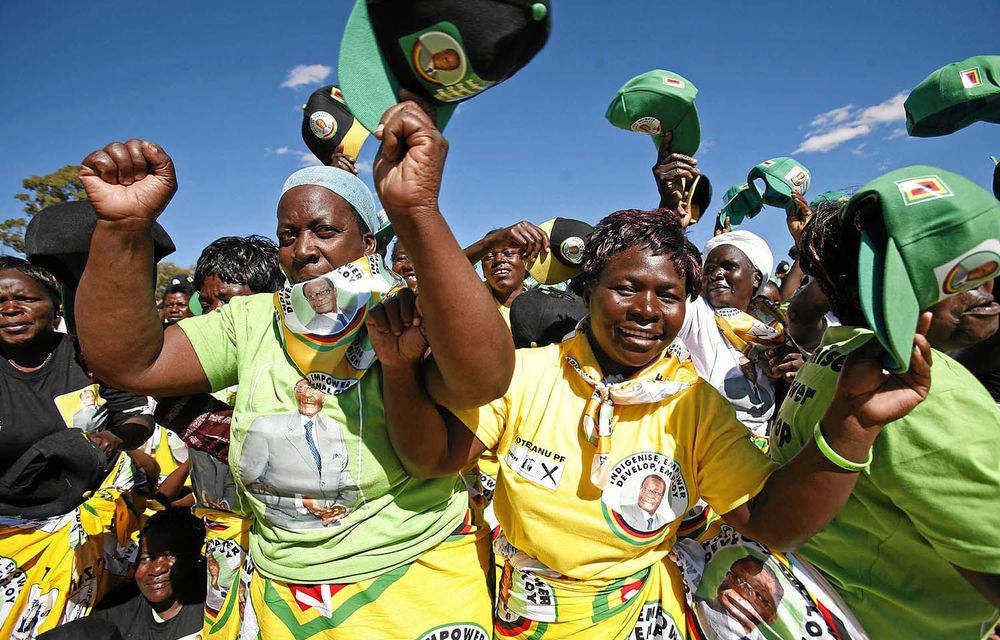
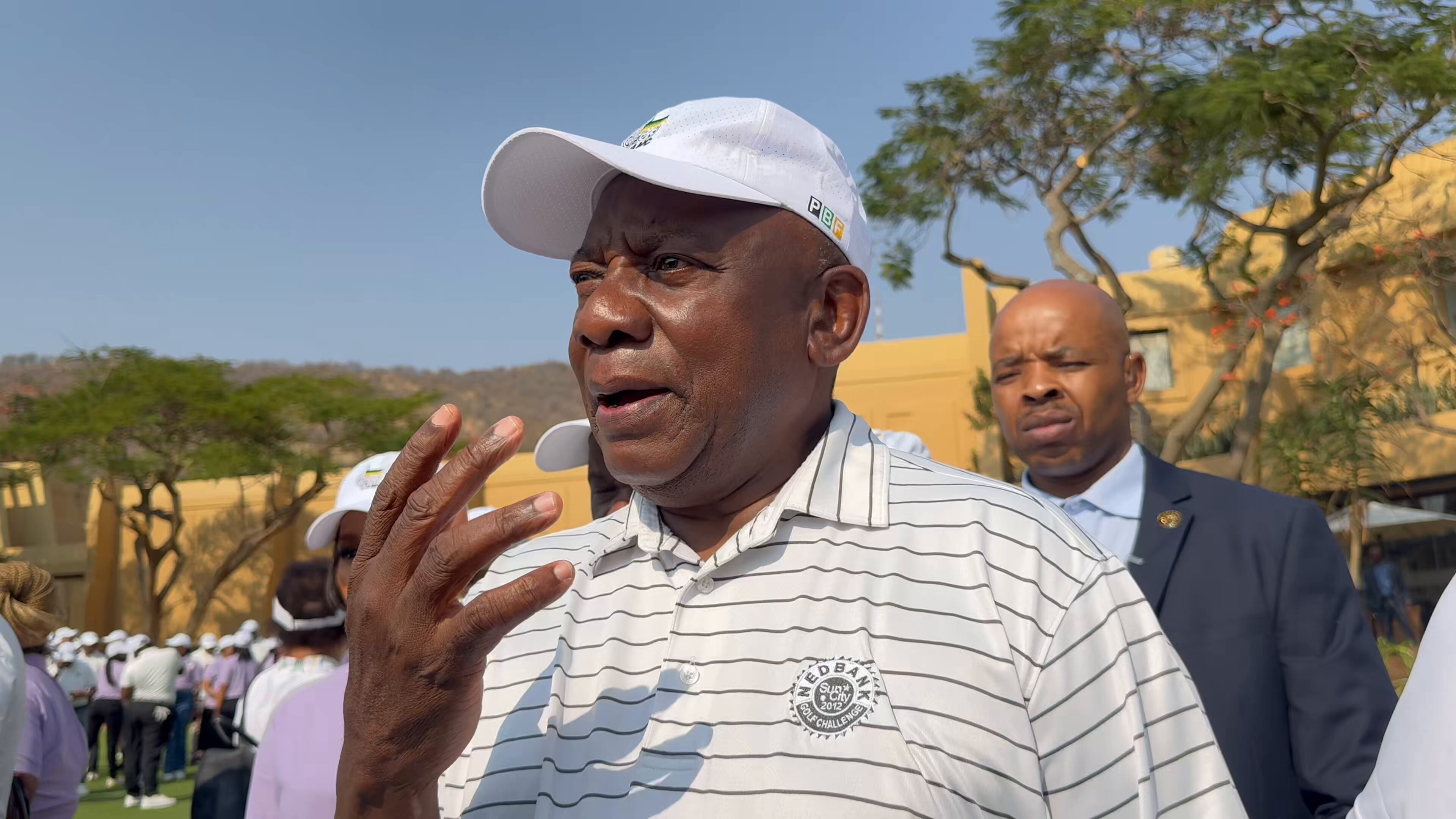
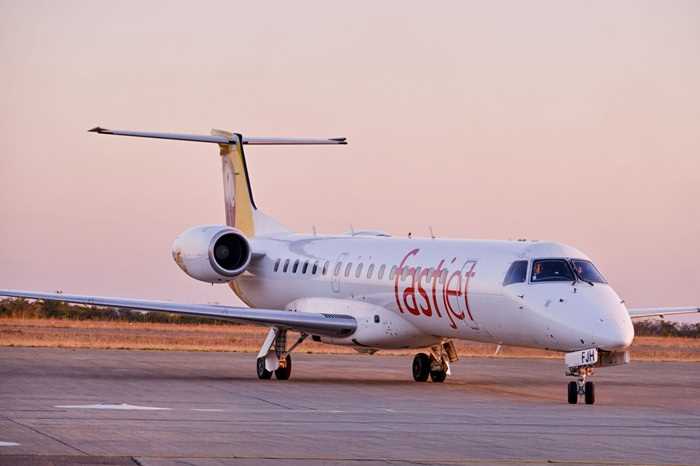
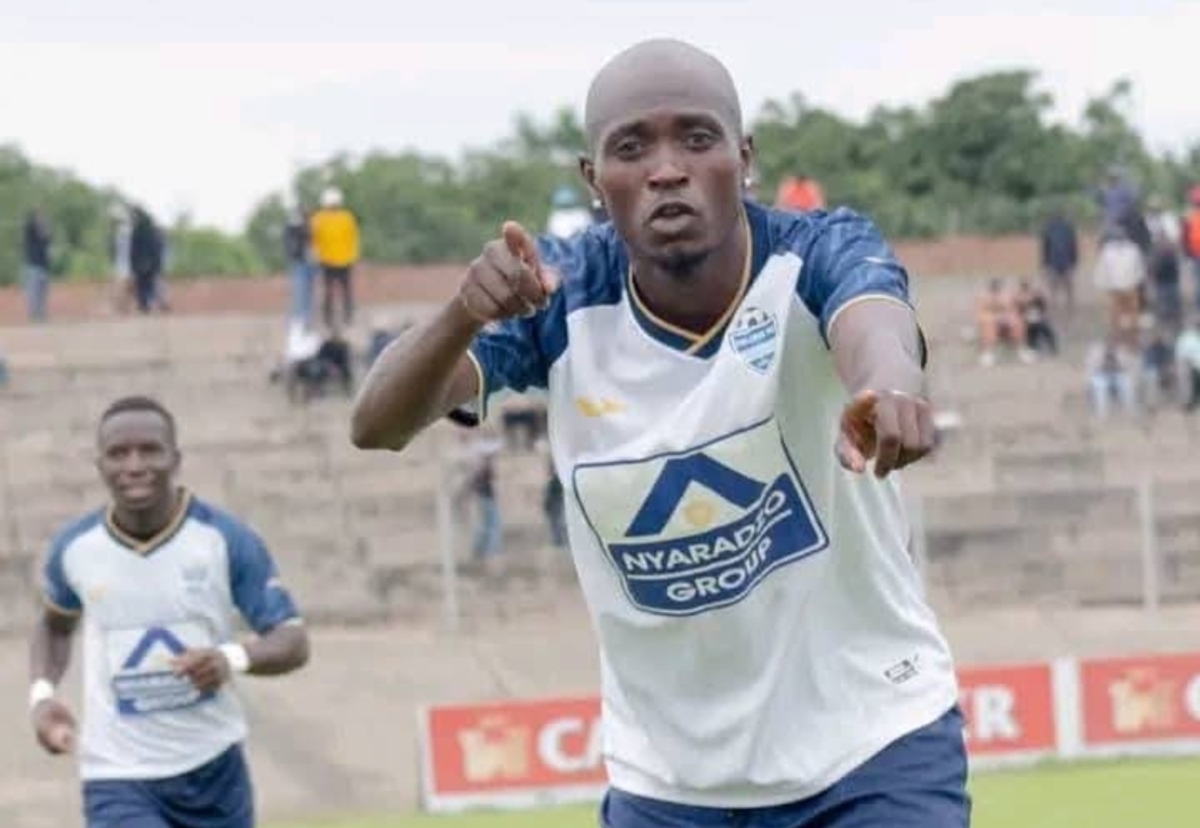
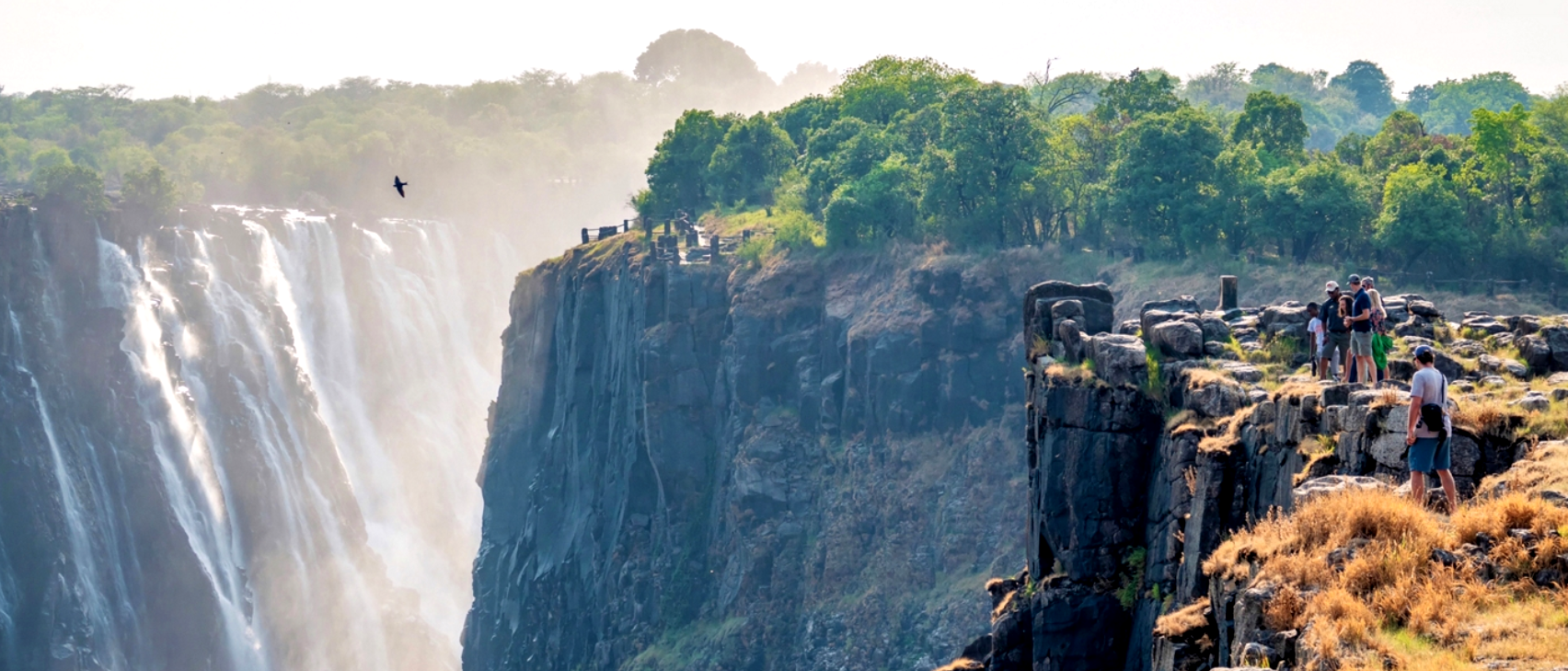
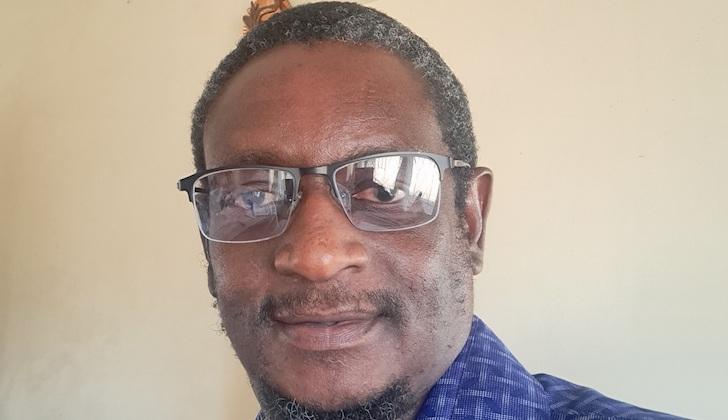
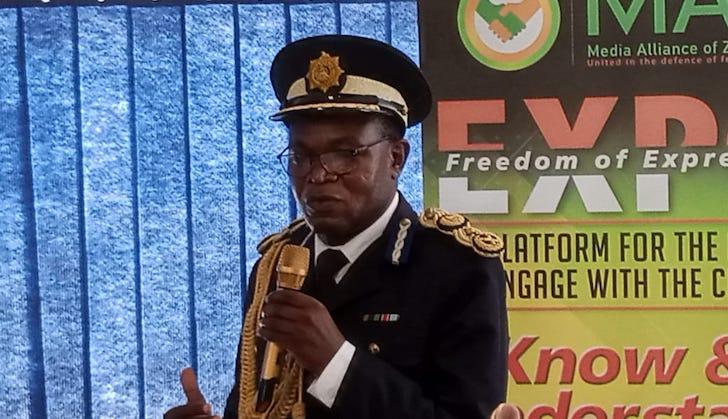
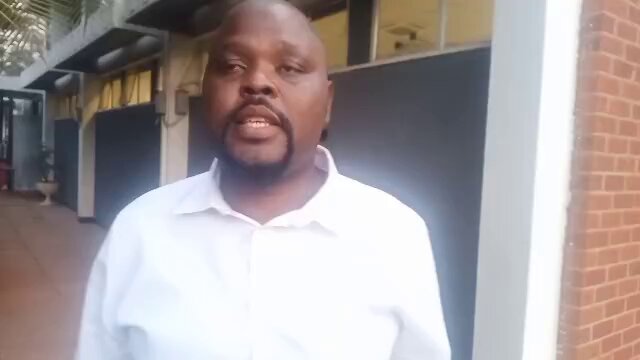
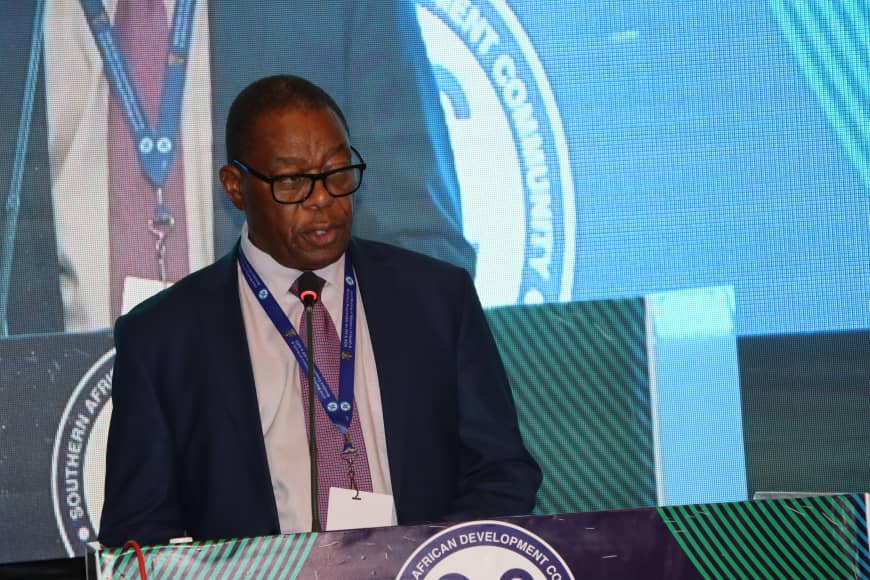
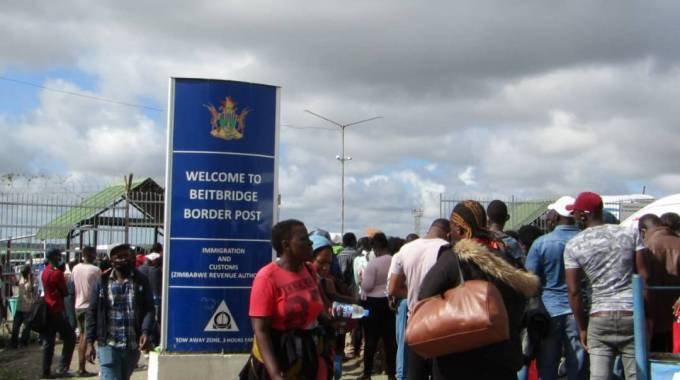

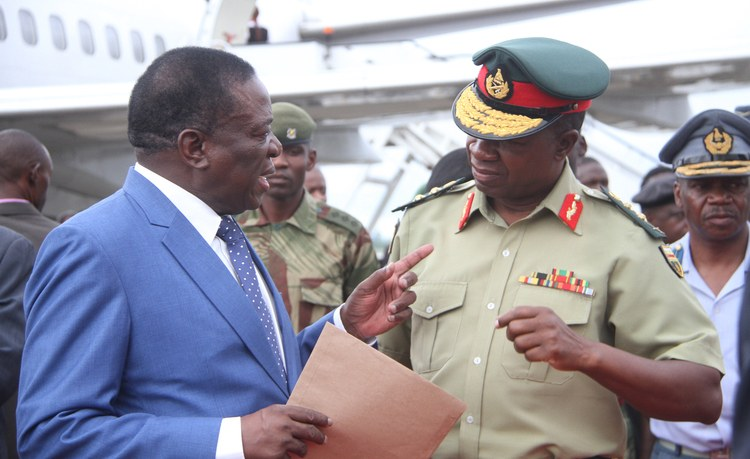
 Young Investment Professional (YIP) Graduate Programme 2019
Young Investment Professional (YIP) Graduate Programme 2019
Editor's Pick